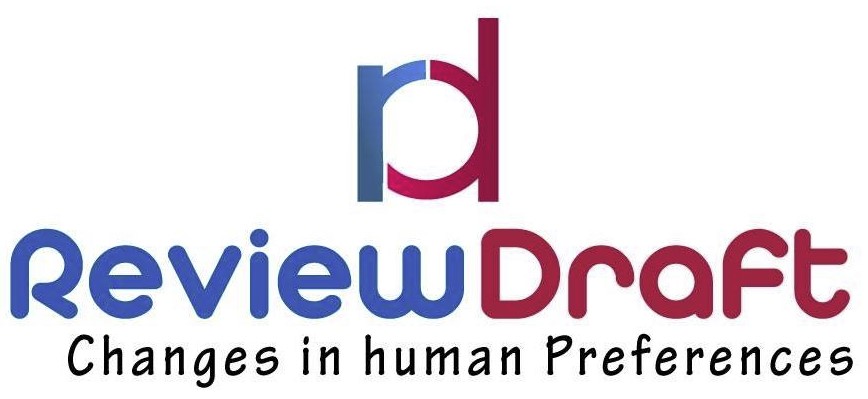Following a thorough inspection by the appropriate authorities at each stage of the food chain, the Food Safety Law is applicable to establishments, shipments of food imported into the UAE, or in transit. A location with a license to produce, manufacture, prepare, process, package, transport, import, store, distribute, submit, display, sell, or export food is referred to as an “establishment” under the Food Safety Law. The establishment may take the form of a temporary, permanent, or mobile facility.
Under the Food Safety Law, are any consents or registrations required?
Yes, if you are doing food business then advocates in Dubai will guide you with the proper laws. Depending on the activity, the Food Safety Law requires consent and approvals to be obtained. No commercial, industrial, or professional activity relating to food may be carried out without prior government approval, according to Article 7/1 of the Food Safety Law. You can also visit top UAE Lawyers in Dubai
According to Article 7/2 of the Food Safety Law, all food producers, importers, and manufacturers must register their products before they can be sold.
Additionally, according to Article 8 of the Food Safety Law, no food may be imported into the UAE for the first time without the Ministry of Environment and Water consent. Food cannot be imported through the nation’s ports unless the necessary paperwork and certifications are also present.
What are the responsibilities of those who run establishments?
A natural or legal person is deemed to be in charge of an establishment if they hold a license and are accountable for enforcing the Food Safety Law and any additional rules that apply to the establishment of which they are in charge.
According to Article 9 of the Food Safety Law, an establishment’s manager has a number of responsibilities.
- Ensuring the safety, acceptability, and health of food for human consumption.
- Applying the UAE-approved food safety systems.
- Notifying the appropriate authorities of any food that could endanger the customers’ health.
- Ensuring the truth and validity of the information on the food card concerning the food in order to make the tracking procedure easier.
- If it is determined that the food is unsafe for human eating or violates other standard specifications and technical regulations, it must be withdrawn, retrieved, and reported to the appropriate authorities. Visit: Law Firms Top in Dubai
Important Legal Prohibitions
Article 12/2 forbids establishments from trading in food that is rotting, hazardous, adulterated, misleading, in violation of technical regulations, or improper food. According to Article 12/4, it is also forbidden to alter or discard the information or elements of the retained food without the competent authorities’ prior written approval.
In recent years, the UAE has made a number of important improvements to further its goal of being the region’s top business hub and a place that encourages a business-friendly climate. In line with this objective, the UAE recently amended the commercial company law (Federal Law No. 2 of 2015 and its revisions), allowing foreign expatriates to hold 100% of a firm for the first time in the country’s history.
With the most recent modifications, full foreign ownership is now permitted in mainland businesses operating in specific industries, whereas it was previously only possible with the appointment of a local company or individual as the local agent.
Contracts are commonplace in all aspects of life, including business. When more than two people come together, they may decide to create a legal effect. Therefore, when a legitimate offer is made by one party and is accepted by the other, a contract is said to have been formed. The expression of a will is conveyed by both a “offer” and its “acceptance,” and the creation of this shared will between the parties is what creates a contract.
A legitimate contract must contain the following legal elements:
According to UAE law, the following factors are required to be present for a contract to be deemed legally enforceable and for that advocates in Dubai help you to prepare full documents according to the laws:
- Agreement between the parties to the contract regarding the key aspects of the agreement
- The contract’s aim must be attainable, specific or determinable, and negotiable.
- The contract’s duties must have a legitimate basis.
The only way for the parties to a contract to enter into a binding agreement is if they are aware of the legal ramifications of the situation at hand. In addition, it happens frequently in contractual or corporate relationships that one side is intentionally failing to fulfill a significant responsibility by breaking the terms of the agreement.
Read also: 7 Merits of Having Student Email Id
In these situations, the parties to a contract may need to pursue the legal remedies of successful mediation or lawsuit to address the breach and, in most cases, demand recompense for the harm they have caused. Understanding company law, therefore, gives a given party a wide range of alternatives for negotiation and conflict resolution as well as the best chance to strategically lay out the business contract itself.



